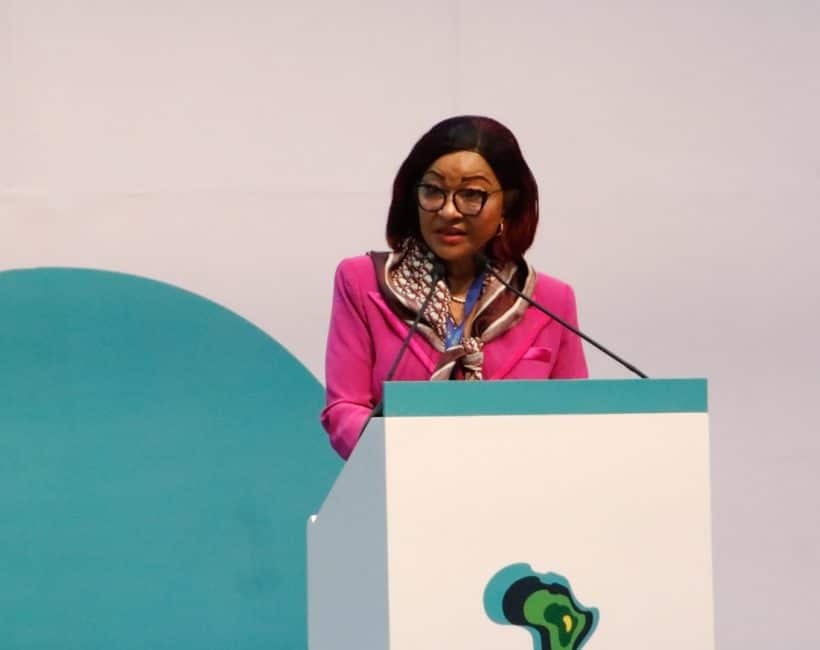
For millions of people across Africa, livestock are their lifeblood. Animals such as camels, cows, and donkeys, along with goats, sheep, and chickens represent food, livelihoods, draught power, fertiliser, fibre and a convertible source of income, especially if crops fail. Pastoralists rely on livestock to survive in areas where crops cannot grow, and Africa relies on pastoralists to produce half of its meat and milk, a daily glass of which helps children develop both physically and cognitively.
Livestock provide valuable agricultural resilience to climate extremes. The ability to move animals to find feed, water and shade means livestock de-risks crop farming while providing a safety net for failed harvests. Livestock also help diversify rural incomes and are particularly important for women’s empowerment. Meanwhile, managed grazing and manure can help restore degraded land and support biodiversity. Livestock also boost the climate resilience of communities, making them less vulnerable in face of shocks, and better able to rebuild in the aftermath of disasters.
Because of this, livestock keeping in Africa should be seen as a credible climate solution – a solution with legs. Helping animals and herders to adapt to climate stresses and shocks can prevent critical food and economic losses and meet rising demand, while also supporting animal welfare and protecting the most vulnerable in the face of rising temperatures and unpredictable rains.
However, increasingly frequent and prolonged climate extremes are making it harder for livestock-keepers to adapt in time to sustain a growing population. More than 13 million livestock have died during the ongoing and unprecedented drought across the Horn of Africa. Thousands of animals have been killed during flooding in Niger, and new conditions are impacting the spread of livestock disease. It can take up to five years for farmers to recover from these losses if at all, according to UN reports.
We call on Parties at COP28 to urgently make the case for more climate finance to support adaptation for sustainable livestock systems in Africa. We urge high-income countries to meet their commitment to provide $100 billion per year in climate finance for developing countries. And we urge African countries to make the adaptation of livestock systems a core part of their climate strategies. As of last year, the continent received only 11 per cent of its total climate finance needs at just $30 billion, and less than one per cent of climate finance reached the livestock sector.
Adapting Africa’s livestock sector to a changing climate must be a priority at COP28 for the sustainable development of a continent that has contributed under three per cent of historic global greenhouse gas emissions. This includes developing more reliable forages and feed, more resilient breeds of indigenous livestock, more resilient animal health systems and support services, such as digital information tools, finance and index-based livestock insurance. Livestock should be included in national disaster risk reduction plans so that they are protected as important assets in the face of climate-related disasters.
Improving small-scale livestock resilience goes hand in hand with reducing emissions. Expanding simple, improved practices on smallholder farms and preventing livestock losses can reduce greenhouse emissions by up to 30 per cent, while boosting productivity, animal welfare, food security and incomes.
Climate adaptation within Africa’s livestock sector presents a unique opportunity to sustainably feed and support a quarter of the world’s population by 2050. In short, for Africa to feed itself, we need to invest in livestock. It is not only an economic issue but a form of climate justice. For many of Africa’s 800 million herders and smallholder farmers, a future without livestock is a future without life.